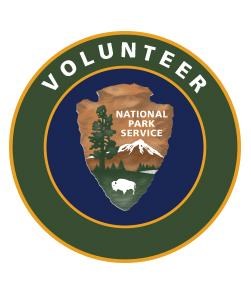
General Work Description for Parkwide Volunteer ProgramsAssist Indiana Dunes National Park employees in volunteer program opportunities across the park. Volunteers will engage in general park-wide assistance, including but not limited to: Maintenance, Interpretation, Administration, Fire Management and Resource Management. Photos of volunteer activities may be taken during the program and used for park publications. If you require restricted use of your photo, please alert the park volunteer manager. Work is to be accomplished over a maximum of 8 hours on any given day, not to exceed 40 hours in a week, depending on the volunteer position. Field SafetyPark staff will provide you with a safe work environment and will identify any potential hazards in the working area. While we strive to create the safest environment possible, it is impossible to eliminate all potential hazards when working outside in nature. Feel free to ask a park volunteer manager for more information on these or other topics.
Volunteer Service AgreementFollow this link for the fillable Volunteer Service Agreement form. Group Volunteer Service AgreementFollow this link for the fillable Group Volunteer Service Agreement form |
Last updated: May 3, 2022
